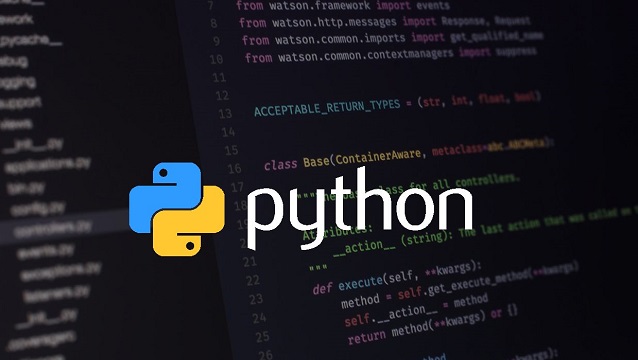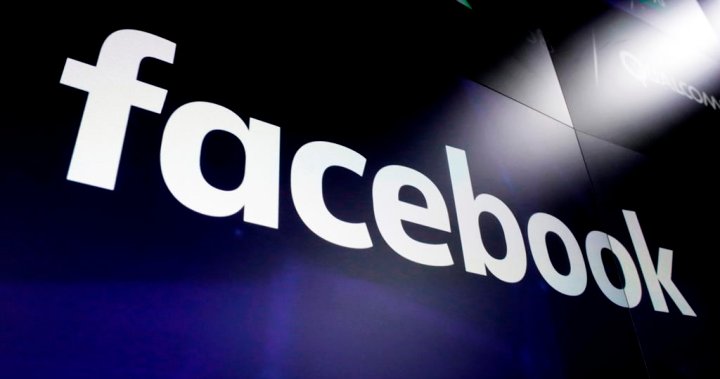Google Canada has signed agreements with eight Canadian publishers for a new product and licensing program that will pay news organizations to create and curate journalism.
The tech giant – which did not reveal the value of the eight licensing deals in Canada – said the agreements are part of a broader $1 billion global commitment to news publishers and journalism announced last year.
The deals come amid mounting calls for legislation that would force companies like Facebook and Google to pay Canadian media companies for their content.
In a recent open letter to Prime Minister Justin Trudeau, News Media Canada – an industry group that represents news publishers and community media outlets – called for action to curb the “predatory monopoly practices of Google and Facebook.”
Read more:
Facebook to pay 14 Canadian publishers for some news content posted to platform
“The two web giants are using their control of the internet and their highly sophisticated algorithms to divert 80 per cent of all online advertising revenue in Canada,” Jamie Irving, chair of the industry group, said in the letter earlier this month. “And they are distributing the work of professional journalists across the country without compensation.”
Google said it will pay the eight news organizations for access to select paywalled content as part of the new licensing deals.
It said Google News Showcase will provide customizable space for newsrooms to produce, distribute and explain essential information to readers, giving Canadians access to a wide range of news content and potentially driving subscriptions for the media outlets.

The Canadian publishers that have signed agreements are Black Press Media, Glacier Media, The Globe and Mail, Metro Media, Narcity Media, SaltWire Network, Village Media and the Winnipeg Free Press.
The publishers represent more than 70 national, regional and community news organizations in French and English.
Tim Currie, assistant professor and director of the University of King’s College School of Journalism, said it’s difficult to gauge the significance of the agreements without more details.
“The power imbalance between the publishers and the tech companies means it’s hard characterize these agreements as negotiations,” he said in an interview. “Without knowing the dollar value of what’s involved here, I don’t think we can make too much of these types of relationships ? and whether it’s a pre-emptive way of avoiding regulation by the federal government.”
Still, Currie said the news publishing landscape is a shadow of what it once was and these deals could be critical to the industry’s survival.
“There has to be a way forward that involves some kind of relationship ? that allows journalism to thrive,” he said.
Sabrina Geremia, vice-president and country manager of Google Canada, said journalists have been a lifeline during the pandemic and the company is eager to support the news media in Canada.
“This is going to help with the future of sustainable news in Canada,” she said in an interview. “This is really mission critical to us.”
Read more:
Australia passes legislation requiring Facebook, Google to pay for news content
Google News Showcase “looks like customizable panels that will show up in Google News and a product that we have called Discover,” Geremia said, referring to a personalized content feed.
“These are panels that newsrooms will be curating and they will be providing stories with their editorial voice.”
The company is also expanding its Google News Initiative in Canada and plans to train 5,000 Canadian journalists on digital skills over the next three years, she said.
Meanwhile, other countries have passed legislation to address the market imbalance between digital giants and news outlets.
Australia, for example, passed a new law earlier this year that requires digital platforms like Facebook and Google to pay for news.
Also, the European Union has increasingly cracked down on U.S. tech giants over a range of issues, including alleged antitrust behaviour in the digital ad space.
© 2021 The Canadian Press








